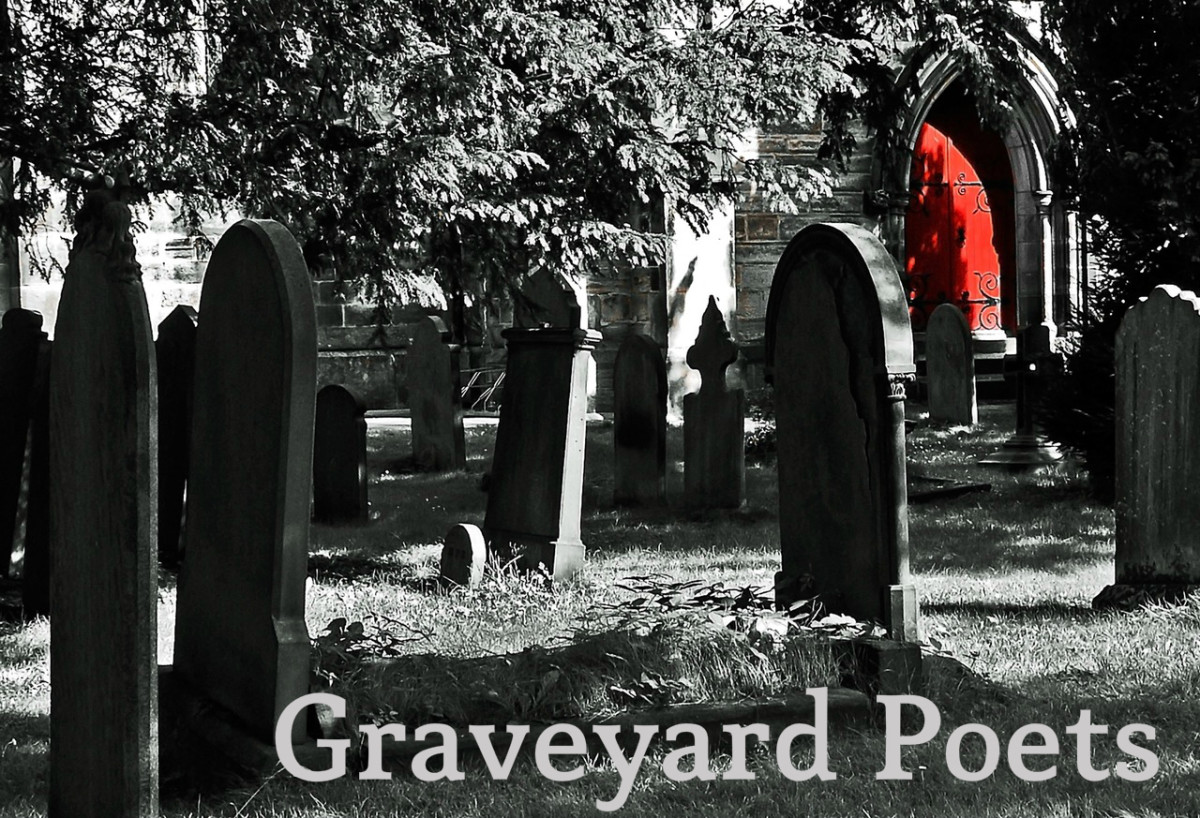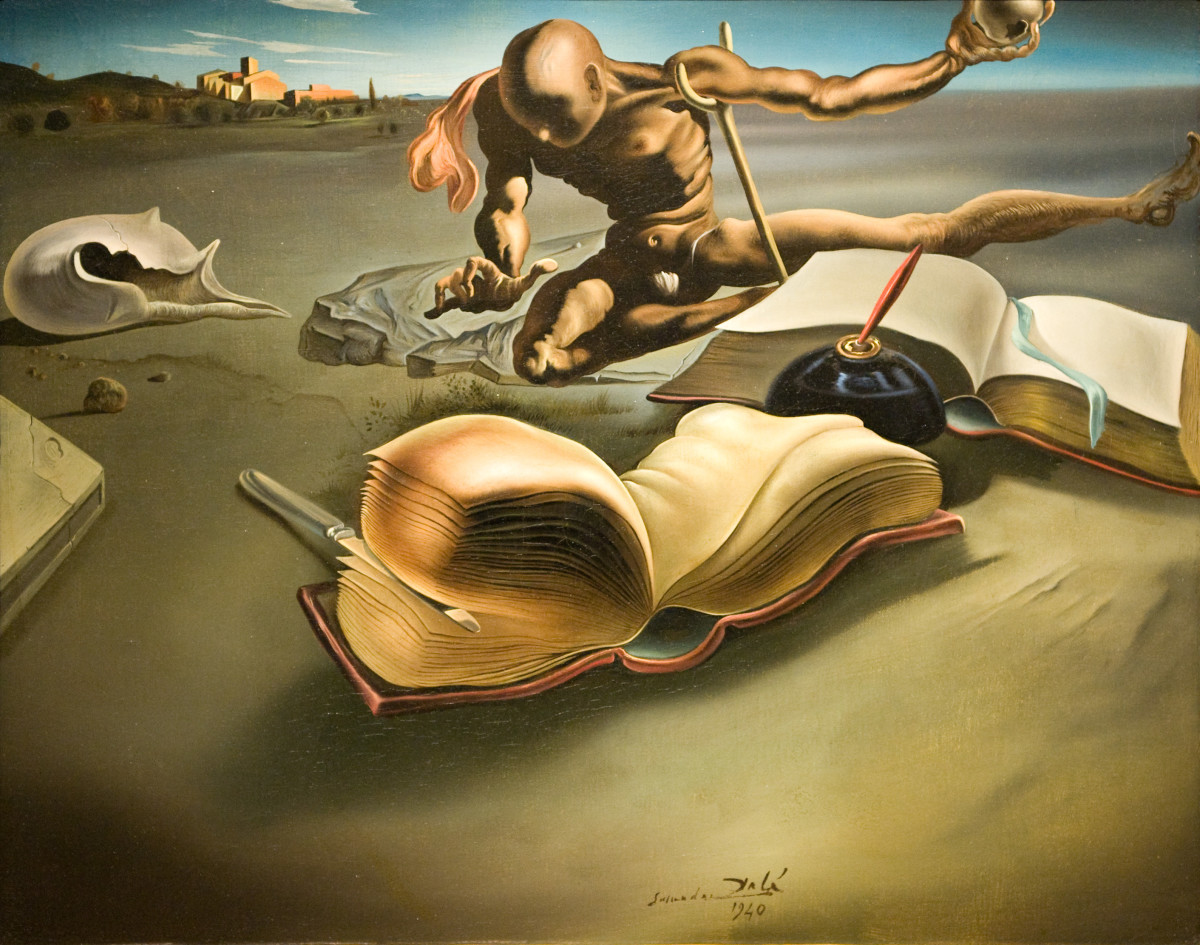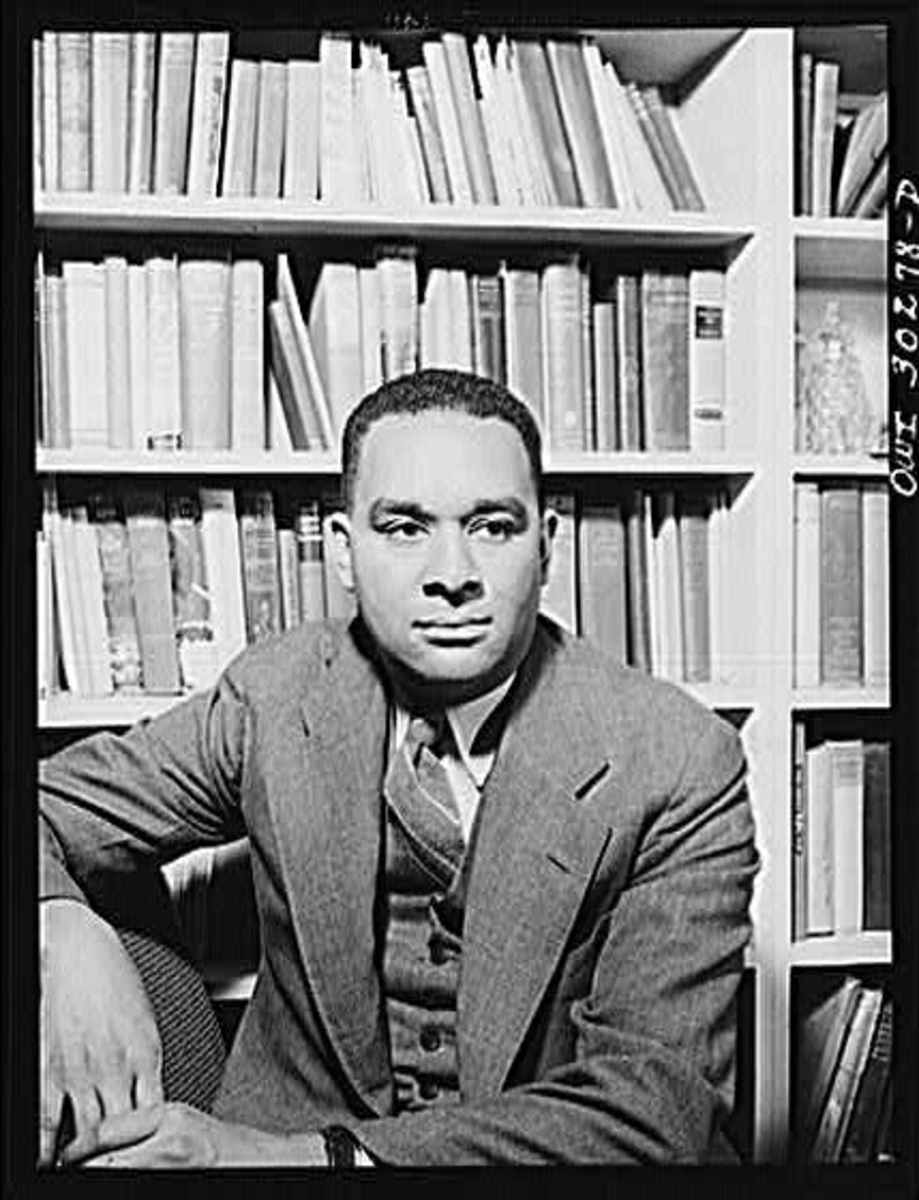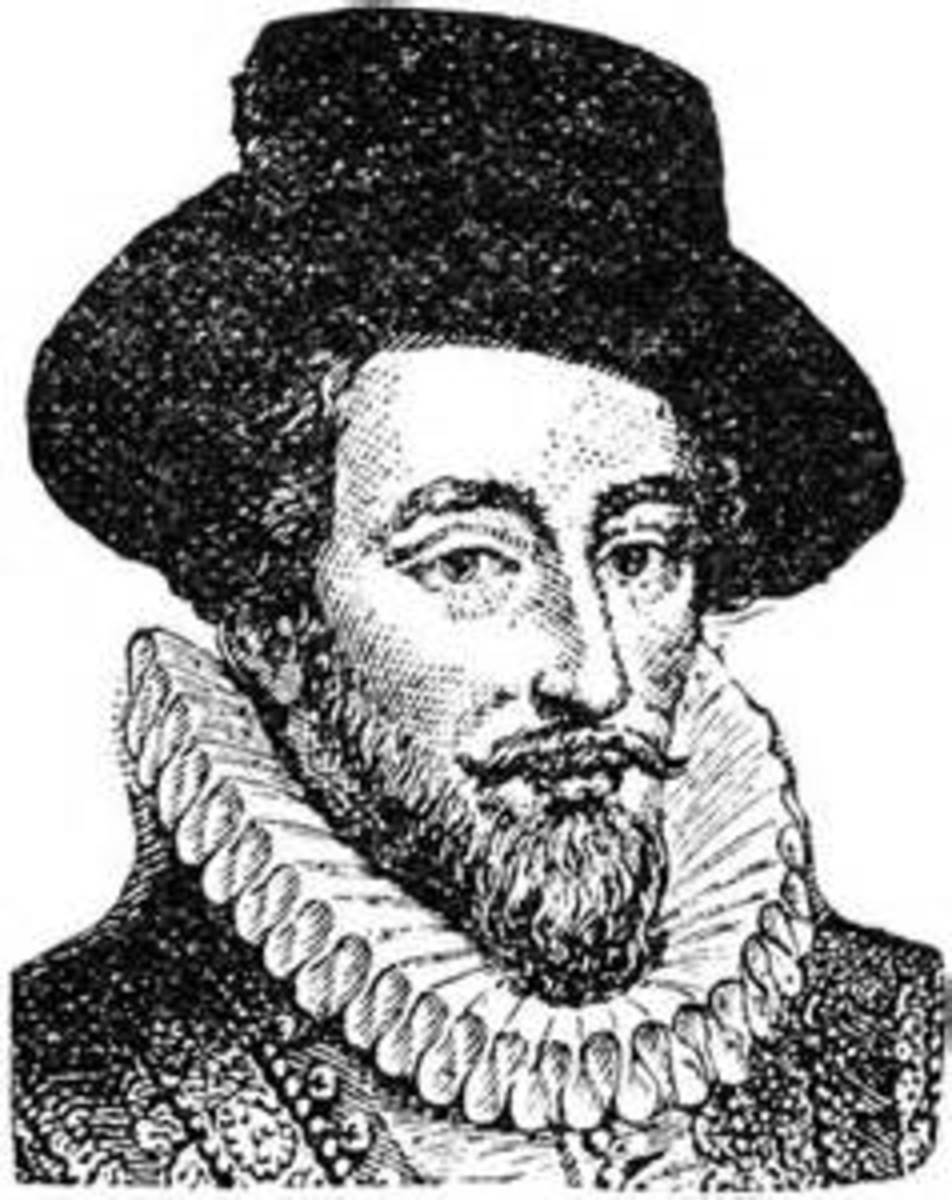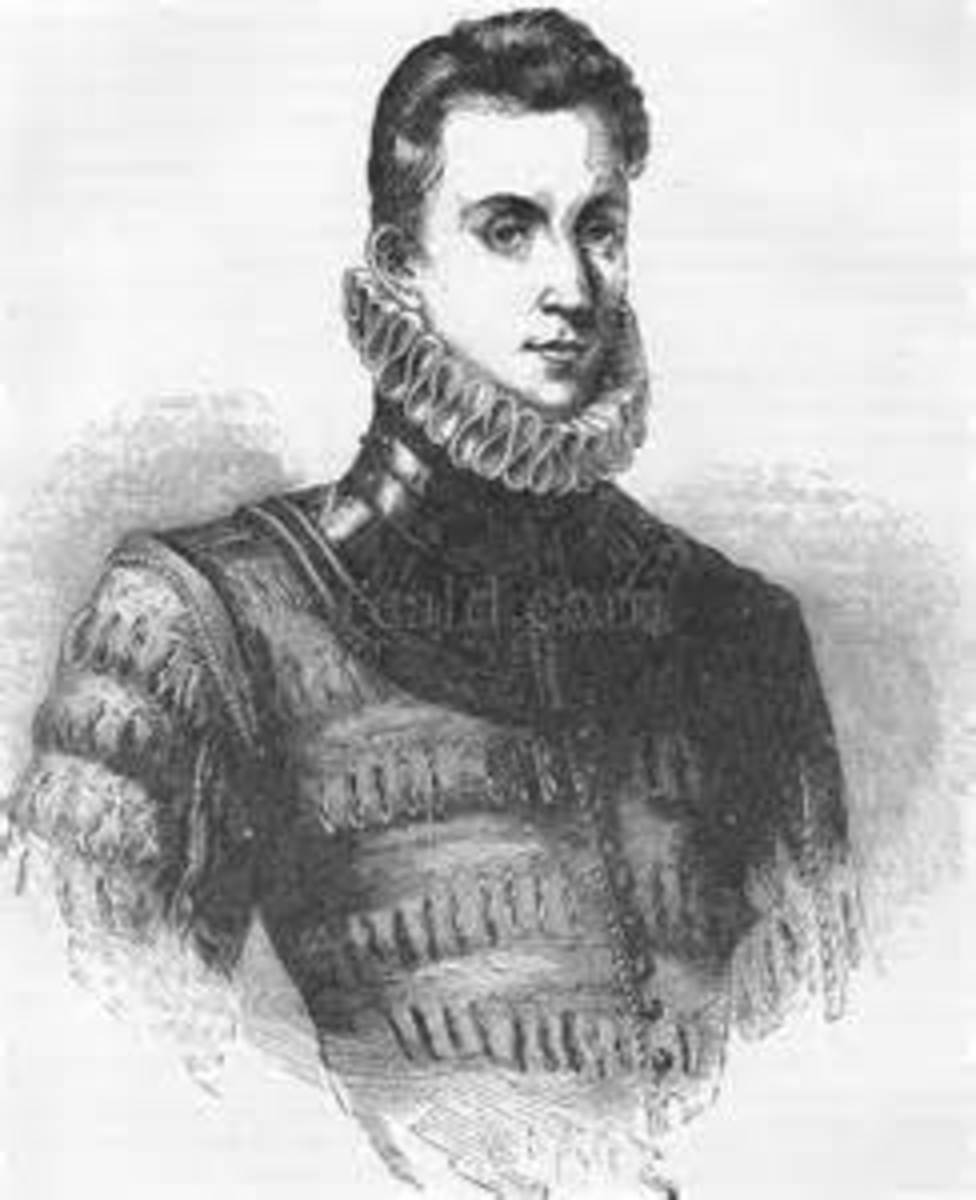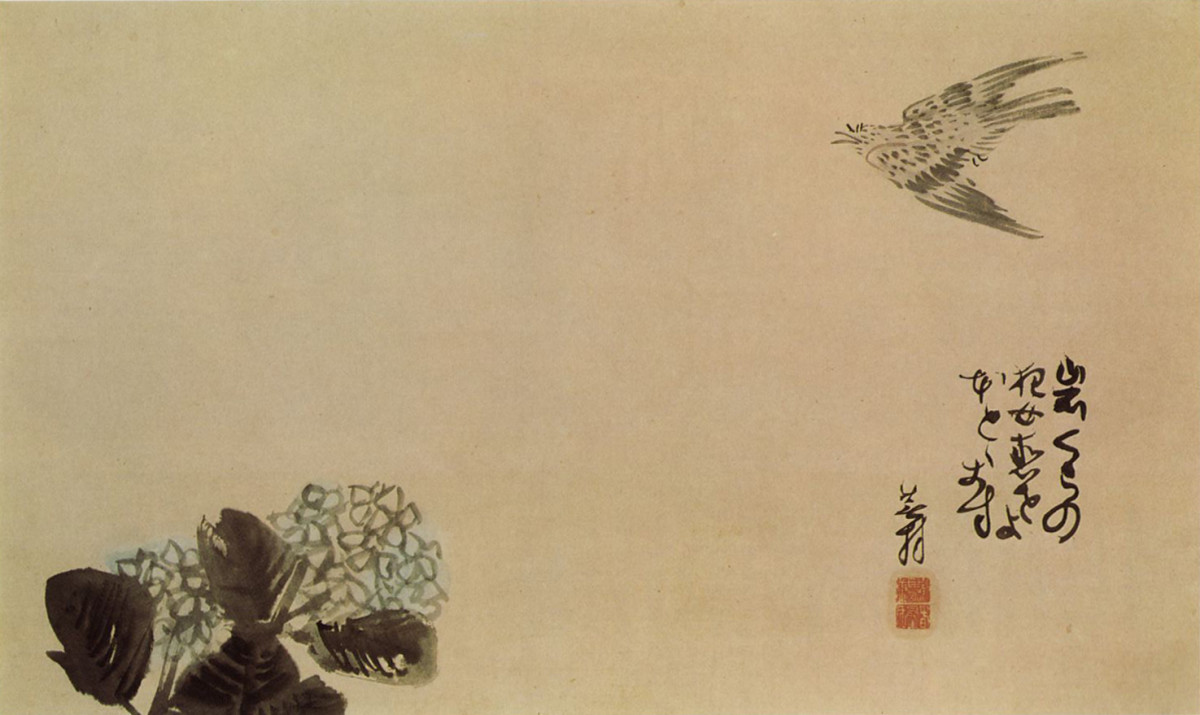An Introduction to E.E. Cummings
E.E. Cummings is a poet best known for unconventional punctuation, typesetting and spelling in his poems. Many of them are virtually works of art on the page in addition to being lyrical triumphs. His revolutionary format spawned a legion of fans (I am one) but also much criticism. Often copied, rarely mastered, all can agree his creations are unique.
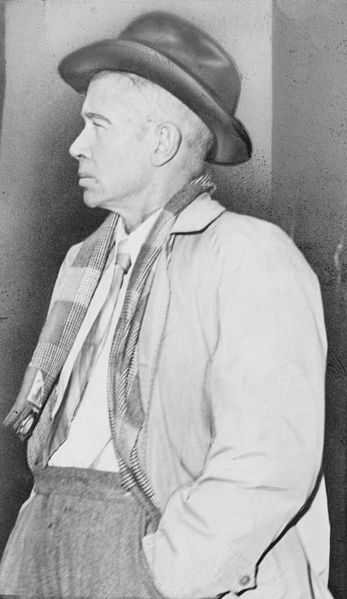
Simple Man, Elaborate Words
Edward Estlin Cummings was born in Massachusetts in 1894. During World War I he served in the ambulance corps in France. Cummings was appalled by the war, it's devastation and the effect it had on humanity and humans. An outspoken critic, he was arrested for censorship. From his experience in jail he wrote The Enormous Room, his first book of poetry. He started with simple ideas (a flower, a cloud, a falling leaf) and built his career writing about traditional poetry topics in a revolutionary style.
After World War I, Cummings traveled around the world, criticizing war and it's effects. He lived in Paris, Greenwich, Silver Lake and Russia before settling in New Hampshire. Travel was balm to his soul, and he developed a belief that nature was superior to humanity. His days were filled with writing and painting. He also married thrice, his last marriage lasting until his death.
Cummings' poetry is unique. He was preoccupied with typographical disarrangement and odd capitalization. His poems are an extension of the Modern movement in art, which includes Salvador Dali, Picasso and Jackson Pollack. Not all critics were fans. As Louis Untermeyer writes in Modern American Poetry , "This is a pity, for much of his work suffers because of the distortions; that part which succeeds is often successful in spite of, and not because of, its form." The design of the poetry is intended to provoke the reader, including the erroneous occasional lack of capitalization of Cummings' name, a spelling many use in tribute to his style. But not all critics were unfavorable. In Norman Friedman's biography of E.E. Cummings he stated, "[his] vital transcendental vision found embodiment in a startling array of innovative artistic devices, where typography, punctuation, grammar, syntax, diction, imagery and rhythm were often pushed to their limits."
Pushing Limits
The observation that Cummings' poetry pushed the modern limits of poetry is true of much of his writing. Here is an example from his poem Sonnet:
a wind has blown the rain away and blown
the sky away and all the leaves away,
and the trees stand. I think i too have known
autumn too long
(and what have you to say,
wind wind wind—did you love somebody
and have you the petal of somewhere in your heart
pinched from dumb summer?
O crazy daddy
of death dance cruelly for us and start
the last leaf whirling in the final brain
of air!)Let us as we have seen see
doom’s integration………a wind has blown the rain
away and the leaves and the sky and the
trees stand:
the trees stand. The trees,
suddenly wait against the moon’s face.The format and styling of the poem is innovative but the subject of the poem is quite orthodox. Cummings' poems are reflective of his love of nature, the most traditional of poetic topics; spring, love, life, roses, autumn, death and others. In this he resembles other New Englanders he seems to have admired, the Transcendental writers Ralph Waldo Emerson and Henry David Thoreau. But yet, his topics are rooted in his experiences in the World War, not the purely sentimental wishes of other poets, such as Lord Byron. Here a rough allegory of war, national pride in nature is found in this excerpt from Always Before Your Voice:
and these days their sounds and flowers
Fall in a pride of petaled flowers;
like flowers at the feet of mowers
whose bodies strong with love
through meadows hugely move.
Cummings' poetry is also rife with satire and irony. He has written many humorous and sexually charged poems such as I Like My Body When it is With Your Body . Pre-sexual revolution, this was quite scandalous, akin to the works of D.H. Lawrence. He also wrote openly of war and soldiering, such as in to a weary distraught soldier .
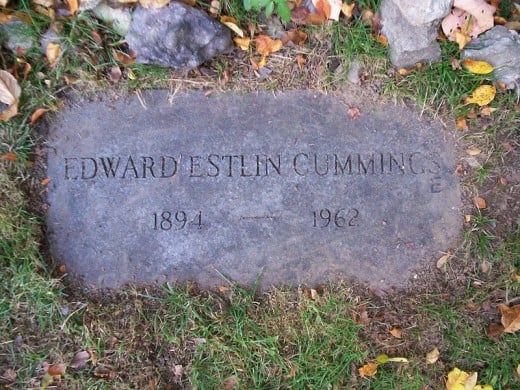
A Celebrated Career
Controversy aside, Cummings won many awards for his works, including the National Book Award twice. He died in 1962 at the age of 68, his list of accomplishments including poet, playwright, lecturer, teacher, essayist and painter. He began as a critic of war and ended a well-respected poet forging a new style and era of typography. His legacy is a warning of the interconnectivity of man and nature, and humanity's propensity for destructive acts. As he wrote,
the hours rise up putting off stars and it is dawn into the street of the skylight walks scattering poems on earth a candle is extinguished the city wakes with a song upon her mouth having death in her eyes and it is dawn the world goes forth to murder dreams….
To read Cummings is to indulge in the avant-garde, in a writer who constantly and consistently breaks with established norms. In his own words, "never to rest and never to have: only to grow."

